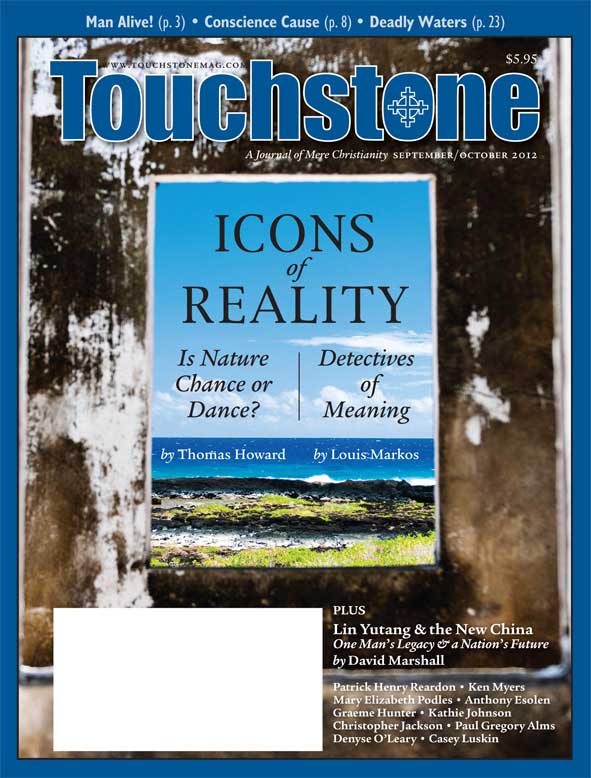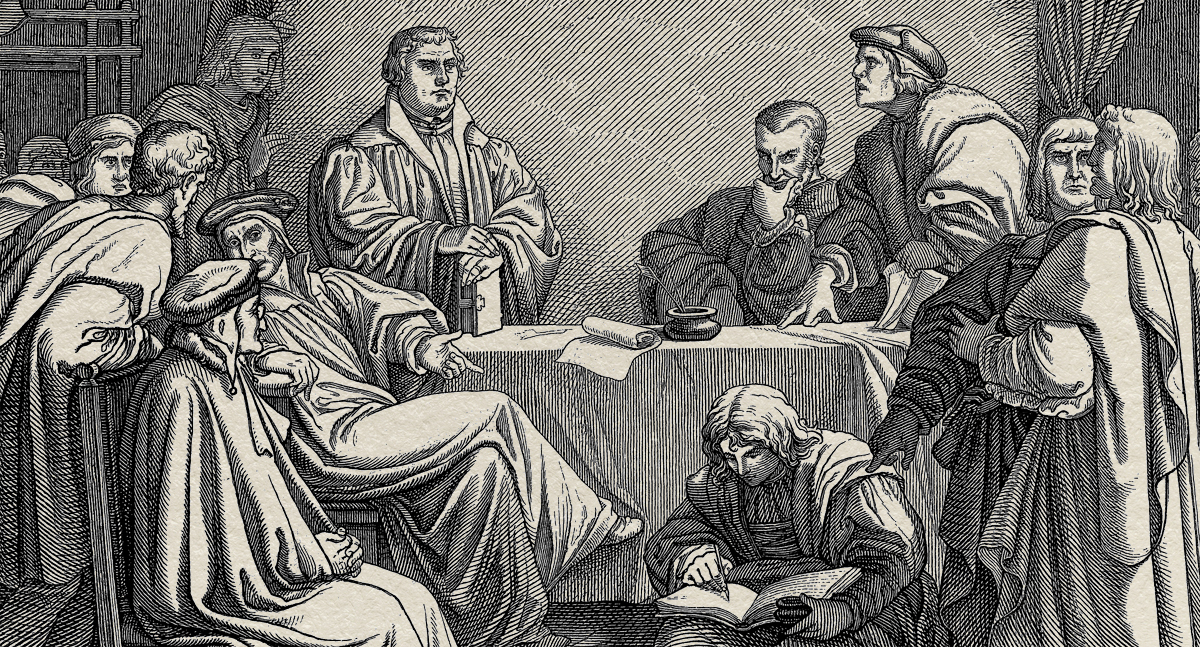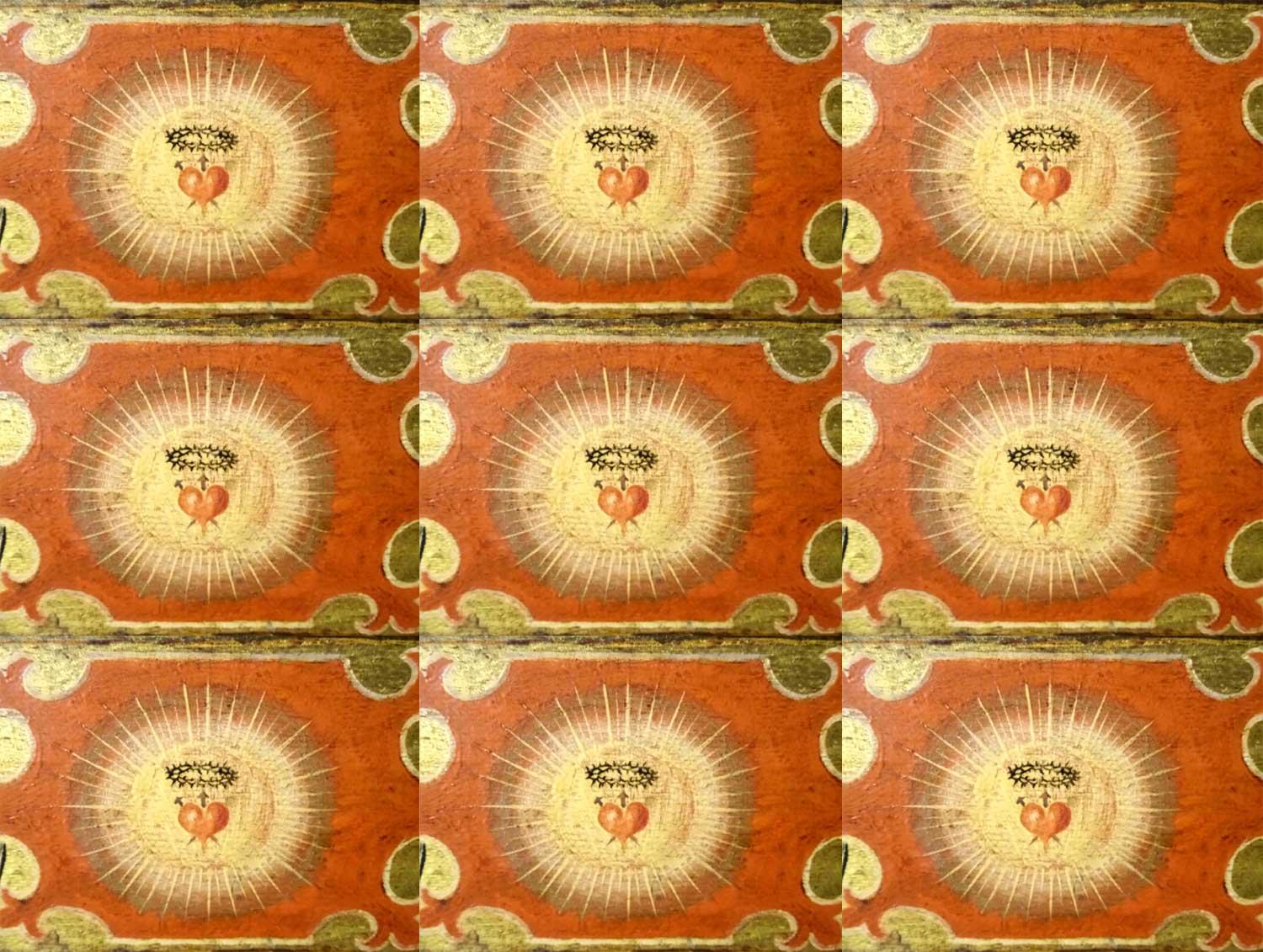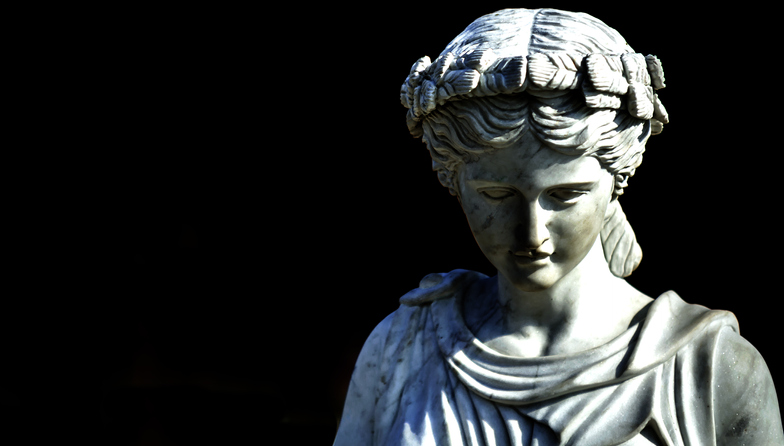Easy Burden
Graeme Hunter on the Blessings & Challenges of Homeschooling
Recently I read three encouraging articles on homeschooling. One alerted readers to the first non-partisan Canadian study showing what homeschoolers have always known, namely, that they do a much better job educating children than do the public schools.
A second article reported the encouragement Archbishop Edwin O'Brien gave to homeschoolers in the diocese of Baltimore, reminding them of the importance of the sacraments and of cultivating readiness to sacrifice for others. He also mentioned that there is "no greater feeder for the vocations" than homeschooling.
A longer article by the late Fr. John Hardon, S.J., went more deeply into the nature and importance of homeschooling. It reminded readers that something is wrong in the West, and in the world, and that homeschooling is one of the ways in which Catholics can address the distemper of the times. Homeschooling permits Catholic families to raise their children to love the sacraments, especially Holy Communion and Confession, and for children to learn the necessity and method of prayer. Fr. Hardon also reminds homeschoolers that they are following the way of the Cross, a way full of sacrifices.
I am a former homeschooling dad, and my wife and I made our Christian faith central to the curriculum when we homeschooled. The blessings we received as a family were great. Jesus taught that his way is the way of the Cross, but he also taught that his yoke is easy and his burden light. We found all those teachings to be true.
Of the three articles I mentioned, one documented homeschooling's success and the other two exhorted those who had chosen it to persevere. I thought there should be a fourth article for young parents who are wondering about homeschooling but fearing they might not be up to it. They see the relentless assault public schools are making on their children's minds and morals, but they have enough crosses to bear already, without shouldering any new ones. I wanted them to hear about the yoke being easy and the burden light.
The Countercultural Way
The first step was to discover that homeschooling is a paradox. It is as countercultural as you can get. Everyone, from school officials to your well-meaning relatives, will tell you that you are putting your children at great risk. But do not believe them. Homeschooling is only countercultural because our culture is suicidal. Homeschoolers stand for what our culture was when it was serious about living. It affirms our Christian tradition, our Christian morality, and our highest cultural achievements. To affirm such things today is countercultural only because our culture has turned its face to the wall.
The findings of the homeschooling study are true. Homeschooling does not harm our children; school often does. School officials who say otherwise may only be defending the dark enterprise that employs them, and well-meaning relatives often speak out of ignorance. No doubt there are conservative and conscientious redoubts here and there in the bleak landscape of public schooling, but if it seems to you that your child is being transformed for the worse by attending school, you are likely correct.
Here are some reasons why:
First, education means struggle and achievement, but schools are egalitarian. Achievement presupposes discipline, but schools shun discipline, and pretend students are high achievers no matter what they do.
Second, children arrive in the world as bundles of impulses and desires. Part of education is to teach restraint, a process known as civilization. Schools encourage pupils from the earliest years to act upon their impulses and to be, in the jargon of the education industry, "spontaneous." Schools are therefore enemies of civilization.
Third, one of the finest fruits of education is to become a discriminating person, able to tell good from bad, whether it be in art, in political proposals, or in human conduct. Schools treat discrimination as the only mortal sin.
"The wrong of unshapely things," says the poet W. B. Yeats, "is a wrong too great to be told." He explains that when we fail to cultivate discrimination in ourselves and others, we wound the entire human community. Real educators see something beautiful in us, and long to bring it into the light. Yeats calls it an "image that blossoms, a rose in the deeps of his heart."
Every parent detects that uniquely beautiful rose in the deeps of each of his children's hearts, and longs to see it flourish and bloom. Public schools are dedicated to starving it, uprooting it, deriding it, and ultimately replacing it with the mass-produced plastic flowers of evil in which their desiccated (kinder) gardens abound. This is why everyone who feels called to it should homeschool.
One final point of comparison. Homeschooling is usually about plain living and high thinking. Families who commit to it normally can't afford luxuries. They must be financially prudent and politically realistic. Their great possession is freedom. But freedom gives them access to truth and beauty. The wages of public schooling, on the other hand, are disappointment and discontent. It teaches children to expect utopia from their government and nothing from themselves.
Both Cross & Delight
Now is the time for homeschooling. Not that there was ever a time when schools routinely achieved the excellence to which they were committed. But at least they stood for excellence. Since few of them any longer do, Christian parents need to save their children from them. As secular society enters a new dark age, Christians are the only lights left burning.
Fr. Hardon was right to remind us that homeschooling is the way of the Cross. When we homeschooled, there was a cross to be borne each day, but family life was a delight to us, education was thrilling for pupil and teacher alike, and we had joy in our family that has not diminished even now that our children are grown.
Furthermore, none of the dire consequences predicted came to pass. Our children are well-adjusted. They love God and they love life. And they are doing well enough in life, even as the world measures these things.
Homeschooling did not bankrupt us. How could it? We invested our talents in the children God gave us, and the investment paid off a hundredfold.
Five Essential Things
Parents who are thinking of homeschooling will find abundant resources that were not available when we began. Some of these resources could make the task easier for them than it was for us. But their abundance might also make it harder. It could make you think you can jump into homeschooling without first thinking carefully about education. But if you do that, you are likely to commit the most pitiable folly of all and replicate at your own expense the very errors in education you wanted to escape.
Here is how to avoid that. Think first about what education—particularly primary education—is all about. There are really only five main things: We want our children to experience the whole truth and beauty of our faith; they must learn to be morally upright; and they need to acquire the primary skills of reading, writing, and reckoning. If your children accomplish only those things in their first eighteen years, they will be miles ahead of most young people entering university. And if they are like most homeschoolers, they will accomplish much more than that years before their eighteenth birthday.
It requires energy to teach your children these things, as well as love and patience and tenacity. But it does not require advanced degrees. Teach them about your faith and you will discover depths in that faith, and in yourself, that you never before appreciated. Teach children about right living and your own moral discernment will grow. Read to your children and you will recognize, perhaps for the first time, the deep narrative structure of human life.
Reckoning is a problem for some parents. In the later years of homeschooling, we engaged a tutor who knew the kind of thing we were looking for. We told him we wanted our children to be mathematicians, not calculators. He smiled and said he knew exactly what we meant. Teaching our children was as exciting for him as they found his wonderful classes.
The road, then, is cruciform, but the yoke is easy and the burden is light. Homeschoolers: seize the day! •
Graeme Hunter is a contributing editor to Touchstone and Research Professor of Philosophy at Dominican University College in Ottawa. He is the author of Radical Protestantism in Spinoza's Thought (Ashgate).
subscription options
Order
Print/Online Subscription

Get six issues (one year) of Touchstone PLUS full online access including pdf downloads for only $39.95. That's only $3.34 per month!
Order
Online Only
Subscription

Get a one-year full-access subscription to the Touchstone online archives for only $19.95. That's only $1.66 per month!
bulk subscriptions
Order Touchstone subscriptions in bulk and save $10 per sub! Each subscription includes 6 issues of Touchstone plus full online access to touchstonemag.com—including archives, videos, and pdf downloads of recent issues for only $29.95 each! Great for churches or study groups.
Transactions will be processed on a secure server.
more on education from the online archives
more from the online archives
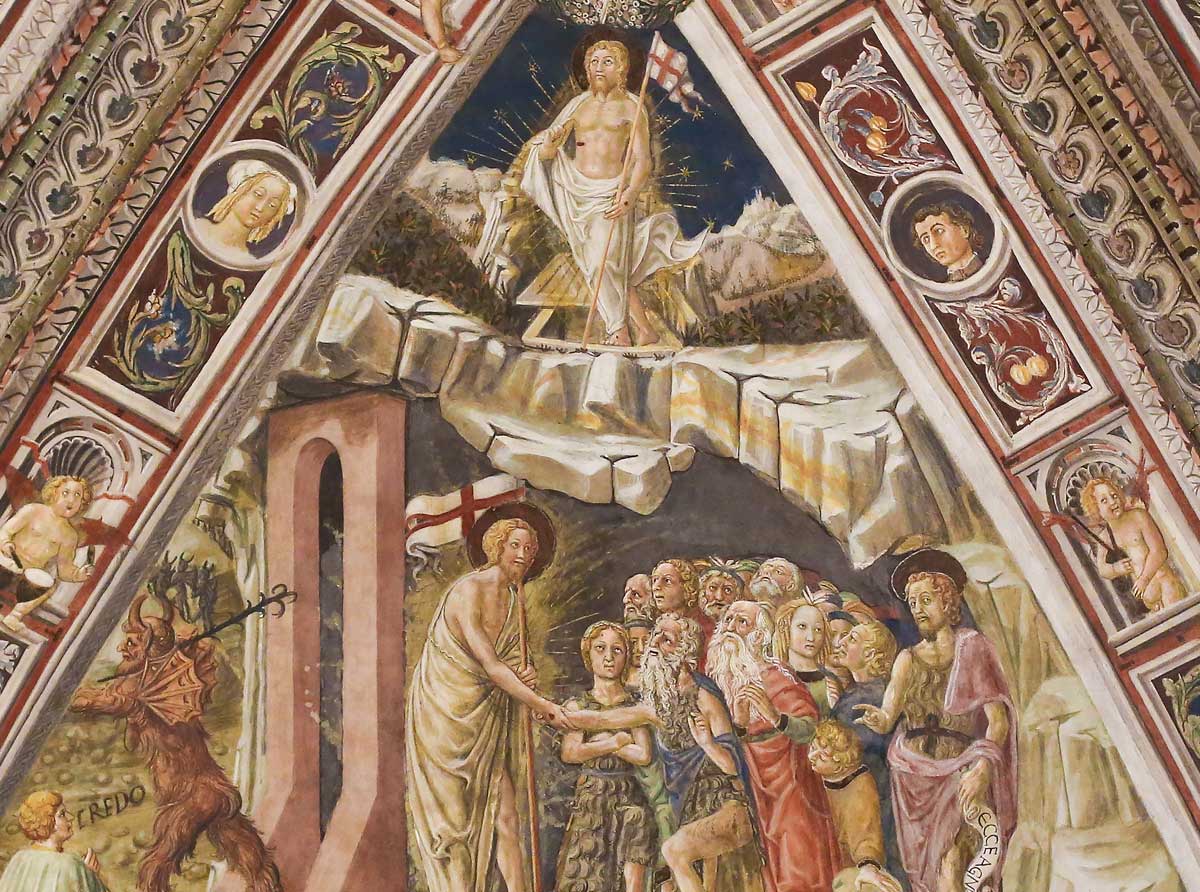
14.6—July/August 2001
The Transformed Relics of the Fall
on the Fulfillment of History in Christ by Patrick Henry Reardon
calling all readers
Please Donate
"There are magazines worth reading but few worth saving . . . Touchstone is just such a magazine."
—Alice von Hildebrand
"Here we do not concede one square millimeter of territory to falsehood, folly, contemporary sentimentality, or fashion. We speak the truth, and let God be our judge. . . . Touchstone is the one committedly Christian conservative journal."
—Anthony Esolen, Touchstone senior editor






